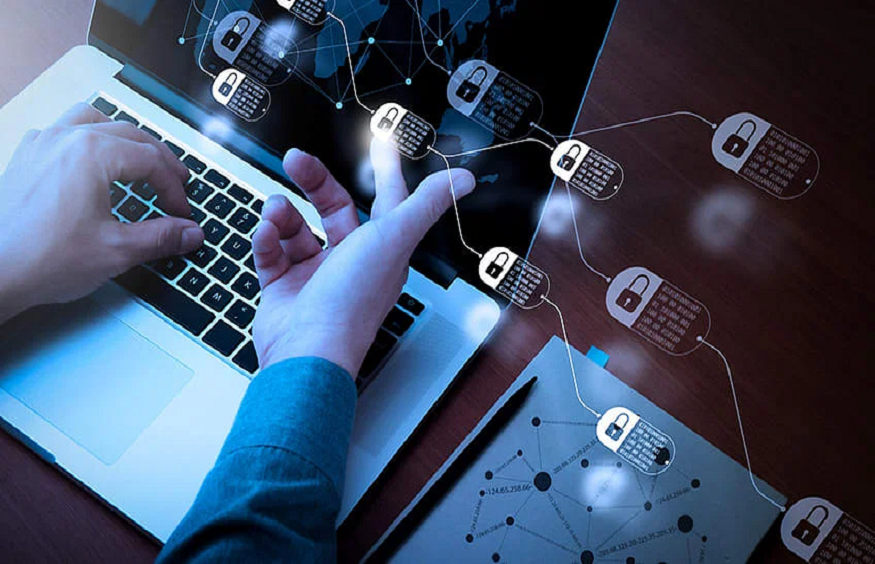A blockchain is an information-storing digital ledger. This ledger is distinct since data isn’t recorded and stored in a single spot or a few dispersed sites. Rather, the information is dispersed among a huge network of gadgets. The original data is stored in triplicate on each device; together, these devices form the “chain,” with the data serving as the “block.”
Peer-to-peer technology and cryptography are combined in blockchain to ensure that no block may be changed without first updating every preceding entry in the chain. This prevents illegal, malicious, or inadvertent alterations to the original data, making blockchain the safest way to keep track of transactions. The CPA in Savannah GA leverage blockchain technology to enhance financial transparency and security, ensuring that financial records and transactions are accurate and tamper-proof.
Because technology is so flexible and secure, it will eventually be found everywhere. It is not enough to only understand the fundamentals of blockchain technology if you want to future-proof yourself; you also need to drive adoption. This is where you begin.
1. Use blockchain technology in your tax preparation
Blockchain has revolutionary potential tax applications. An organization might share this financial information with tax administrators if, for example, its balance sheets are stored on the blockchain. Real-time asset ownership and historical confirmation enable the automatic computation and deduction of taxes.
Whether you’re working with a corporation or a private taxpayer, the idea is the same: blockchain generates records that are easier to access and more detailed than any other approach.
Delays and fraud will drastically reduce because blockchain entries cannot be altered. Your prices will decrease, and your efficiency will increase, so you won’t have to worry about human error and ledger reconciliation. Less administrative work will fall on your plate, allowing you to focus on more important projects.
Delays and fraud will drastically reduce because blockchain entries cannot be altered. Your prices will decrease, and your efficiency will increase, so you won’t have to worry about human error and ledger reconciliation. Less administrative work will fall on your plate, allowing you to focus on more important projects.
2. Become an expert in smart contracts
Simply said, a smart contract is an agreement with terms encoded in code executed by machines. The program performs the necessary action after confirming that the requirements are met. For instance, parties transfer a digital asset after applying electronic signatures to a particular field.
Blockchain is used to execute and record smart contracts, eliminating human involvement. This removes the possibility of fraud or human error, but what role do you play?
As a finance expert, you can guarantee the correct implementation of smart contracts and act as an arbitrator since people, not programs, negotiate the terms of smart contracts.
3. Manage the business
The efficacy of technology depends on the individuals utilizing it. Accounting and blockchain studies put you uniquely positioned to perform important tasks.
For instance, you might take on the administrator role to allow access to a privately held blockchain. Consumers must be assured that the blockchain’s owner company and the technology are trustworthy. As an accounting expert, you may reassure them by demonstrating that the blockchain’s regulations are upheld.
Certain companies are developing consortium blockchains. These will require service auditors, and other businesses will pay to utilize them. If you comprehend the blockchain’s architecture, you can guarantee the efficacy of its controls.
4. There’s still time for you to change and adopt
The accounting industry is changing because of blockchain. You’re in luck because widespread adoption will take several more years. Most nations still lack the massive databases and robust technologies to implement taxpayer blockchains.
This will increase the need for guidance on a national and international scale. Initial compliance will be particularly difficult because individual and corporate modifications must be made.

